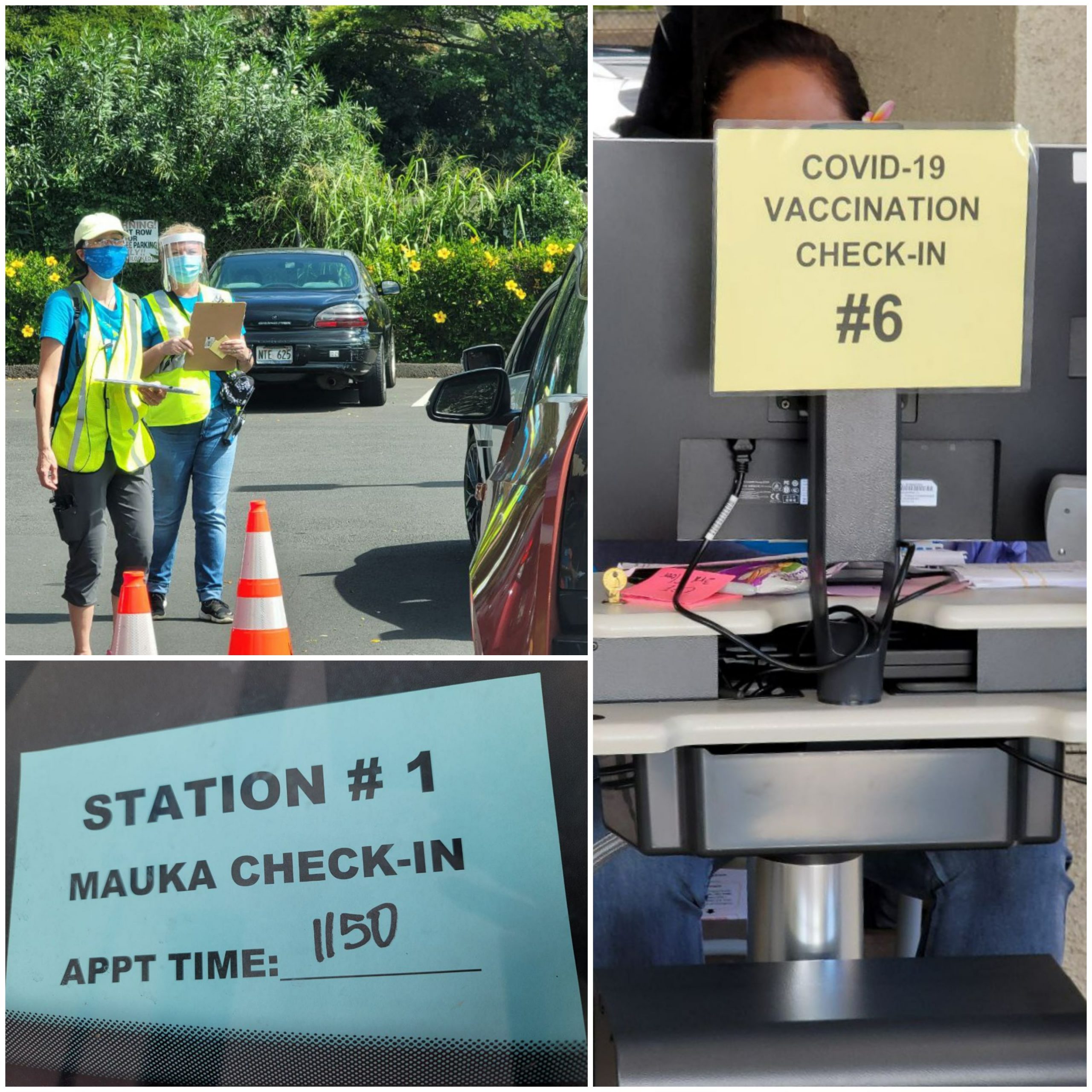
HONOLULU (Eagle News) – The Hawaii Department of Health (DOL) confirmed on Friday, February 26, the presence of a new COVID variant in the Aloha State. The P.2 variant is thought to have originated in Brazil and has been found in several U.S. states and in Europe.
The said variant was identified through surveillance testing on an individual on Oahu who has since returned to the US mainland. Additional studies are ongoing as two individuals in Brazil who were previously infected with COVID were also re-infected with the P.2 variant.
The DOH believes that people previously vaccinated or previously infected are not expected to become seriously ill if infected with the P.2 variant. However, it has yet to determine whether the said variant is more resistant to vaccines and antibodies gained through previous COVID infection.
“New case counts are down from a month ago, but these variants remind us to remain vigilant,” said DOL Director Dr. Elizabeth Char. “The more the virus is able to infect people, the more opportunity it has to mutate, so it behooves us to prevent infections. We all know that is done by wearing masks, maintaining physical distance, avoiding large gatherings, and getting vaccinated when it is our turn.”
Meanwhile, three additional cases of the B.1.1.7 (United Kingdom) variant were confirmed from household contacts on Oahu, bringing the total number in Hawaii to six.
Another variant of concern associated with the recent increase of COVID-19 cases on Maui is the B.1.429 variant (previously called L452R), which was first detected in California last December and then in Hawaii in early February. As of this report, there are seven such cases in the state.
“The P.2, B.1.429, and B.1.1.7 variants were discovered as part of proactive statewide surveillance conducted by the DOH in collaboration with private hospitals and independent clinical laboratories,” said State Laboratories Division Director Dr. Edward Desmond.
(Eagle News Service)
